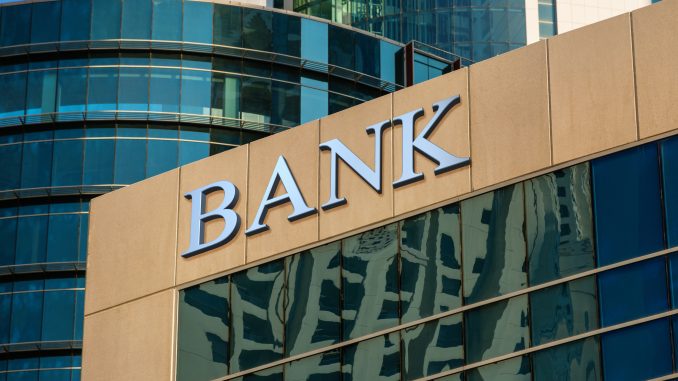
By Lindsay Press
Attorney General Letitia James joined 22 other attorneys general in sending a letter to the leaders of the United States House of Representatives and the House Financial Services Committee, encouraging the House to vote against a resolution that would overturn the Consumer Financial Protection Bureau’s (CFPB) 2024 rule, which limits overdraft fees imposed by the country’s largest banks. James and the coalition stated that the rule would stop big banks from charging excessive overdraft fees that hurt customers’ credit and occasionally result in closing accounts.
“President Trump has promised to “defeat the cost-of-living crisis: and to make life for Americans affordable. Passing the Resolution would do the opposite,” James and the coalition wrote in their letter. “At issue is the billions of dollars in profits that the largest U.S. banks generate by charging onerous fees whenever customers overdraft their accounts.”
Last month, the Senate barely passed its version of the resolution overturning the CFPB’s rule by a vote of 52-48, with Republican Senator Josh Hawley (R-Missouri) joining Senate Democrats in voting against it.
House Joint Resolution 59, introduced by J. French Hill (R-Arkansas), would overturn a 2024 rule given by the CFPB that only involves banks with over $10 billion in investments. A similar Senate version introduced by Tim Scott (R-South Carolina) passed the Senate and has since made its way to the House floor. U.S. Representative Nick LaLota (R-Rocky Point) voted for the bill.
He said these joint resolutions are “needed to stop CFPB overreach that would raise costs on working families and restrict access to basic financial tools.” LaLota also voted for a joint resolution I voted for both because overdraft protection should remain available for hardworking Americans who rely on it, and financial technology companies deserve the flexibility to innovate.”
The average overdraft fee given by banks is approximately $35 and is usually much bigger than the overdraft itself. James said overdraft fees are also a massive profit center for banks, making up for approximately $5.8 billion in revenue in 2023.
In the letter, James and the coalition reference that under the CFPB’s rule, if banks plan to continue profiting from such fees, they must treat them as interest on a loan. “Overdraft fees are effectively extremely high-interest loans,” the letter states. Seeing as most overdraft fees are paid back in under three days, a typical fee of $35 on an average overdraft fee of $36 is equal to an annual interest rate of 16,000 percent.
James and the coalition’s letter also argues that the CFPB’s rule plays an essential role in protecting bank customers from excessive and unexpected charges that can occasionally result in involuntary account closures, harming customers’ credit, and potentially driving the customer out of the banking system entirely. Additionally, excessive overdraft fees are unnecessary. She and the other AGs noted that several banks — including Citigroup, Capital One, and Ally Bank —have already eliminated overdraft fees while still providing the convenience of overdraft protection.
“Overturning this rule will only do one thing: help big banks profit at your expense,” said James. “Accidentally overdrawing your checking account by a few dollars shouldn’t result in an outrageous fee. The CFPB took action to protect consumers from outrageous overdraft fees, and Congress should do the same. At a time when working families are struggling to make ends meet, our leaders should be protecting Americans’ wallets, not empowering big banks to charge junk fees.”

